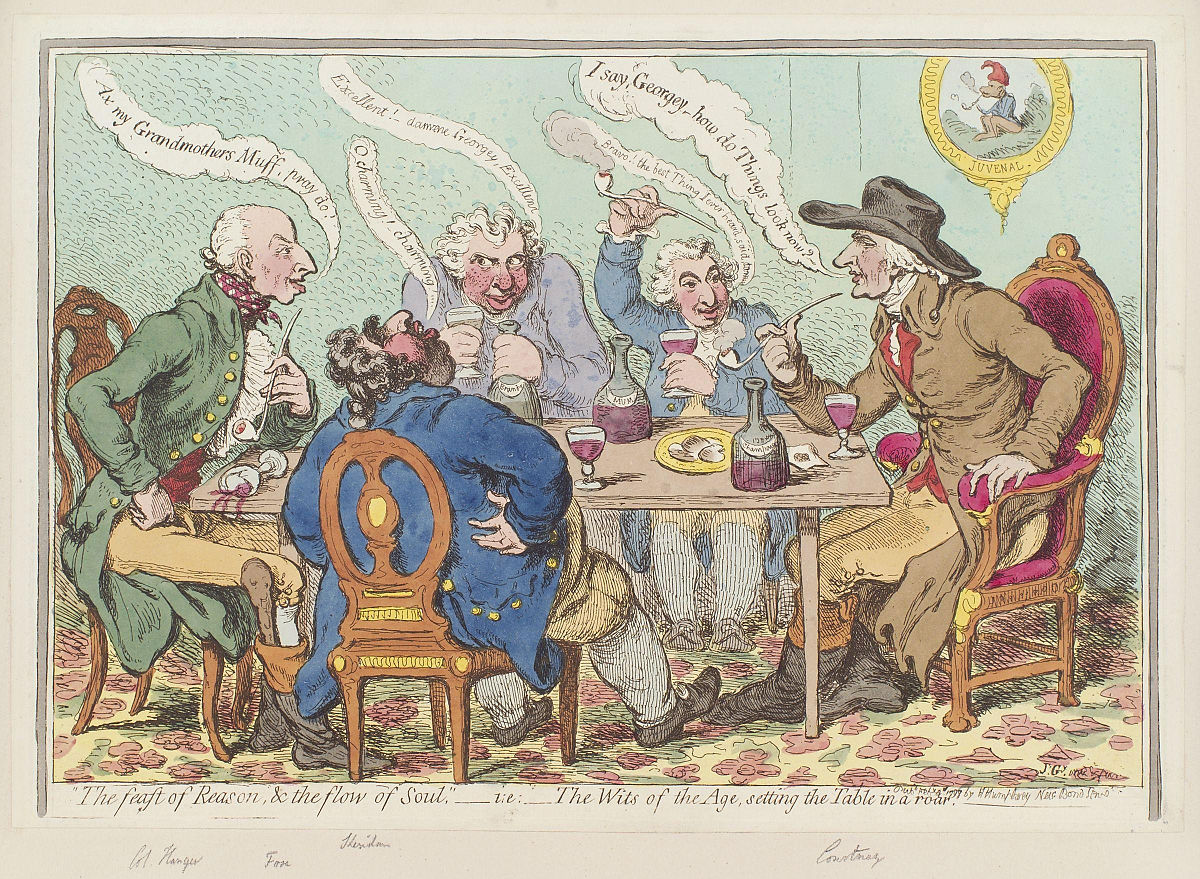During a bipartisan meeting on immigration reform, President Trump reportedly asked lawmakers why “all these people from sh*thole countries” should be allowed to move to the United States. (He was referring, apparently, to Haiti and African countries.) Many news media outlets yesterday took to their keyboards and airwaves quoting him verbatim: the word “shithole” was suddenly seen and heard all over the world, even without the censoring asterisks in many cases. The New York Times reports on how the media is tackling this new peculiar challenge: the regular use of vulgarity and profanity by our nation’s leader in his public outbursts statements.
Here’s what the Associated Press’s style guide says about profanity: “AP Style holds that you should not use obscenities in stories unless they are part of direct quotations and there is a compelling reason for them.”
It seems there’s a good reason today.
***










